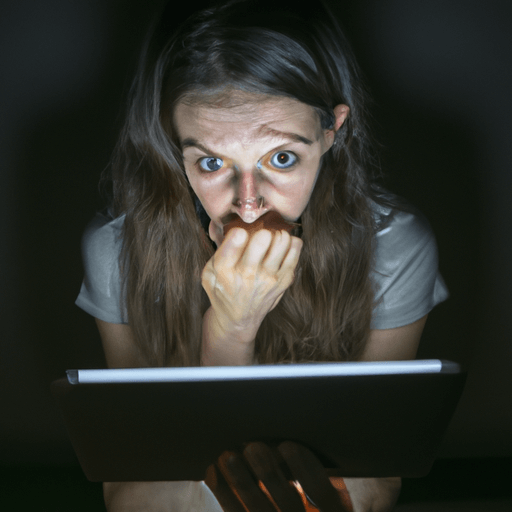The Impact of Digital Devices on Mental Health
As a knowledgeable writer, it's pivotal to delve into the topic of the evolving impact of digital devices on human mental health. The advent and increased reliance on smartphones, tablets, laptops and other digital devices in our modern society significantly influence our mental well-being.
Positive and Negative Effects
Our digital devices can both improve and disrupt our lives. The ability to stay in constant contact can foster increased social connection, especially for those who have trouble interacting in person due to mental health issues, such as anxiety disorders. On the other hand, constant connectivity can lead to a feeling of social isolation as face-to-face interactions diminish.
Likewise, these devices can promote productivity by providing quick access to information, facilitating communication, and offering an array of organization tools. However, they can also be major sources of distraction leading to procrastination and diminished productivity.
Scientific Findings and Statistics
Scientific studies have shown a correlation between heavy technology use and increased risk of mental health problems. A study published by BMJ Open suggested teenagers who spend more than three hours a day on social media may be at heightened risk for mental health problems. Another finding from the Center for On-Line Addiction states that internet addiction can lead to severe mental issues, such as depressive disorders.
Case Studies
To further illustrate, consider the case of Amy, a socially anxious teenager who started spending significant time online. While she initially felt connected with her online friends, eventually, she started feeling isolated and depressed as she reduced her face-to-face social interactions.
In the productive aspect, consider the case of Ben, a project manager who used digital tools to organize his work and boost his productivity. However, with constant email alerts and messages, instead of focusing on his work, he ended up being constantly disrupted, leading to stress and reduced performance.
Advice from Health Care Experts
Health care experts advise achieving a balance in technology use. Limiting the use of devices, especially before bedtime, can help improve sleep and overall mental health. In addition, taking periodic digital detoxes, fostering face-to-face interactions, utilizing digital devices to promote productivity rather than as a distraction, and using apps mindfully can all contribute to healthier habits.
As we progress in this digital age, understanding and managing the impact of our digital devices on our mental health is essential for our well-being. Scientific understanding in this area continues to evolve, and it's our job to stay informed and make responsible decisions about our digital lives.
















Comments
Leave a Comment